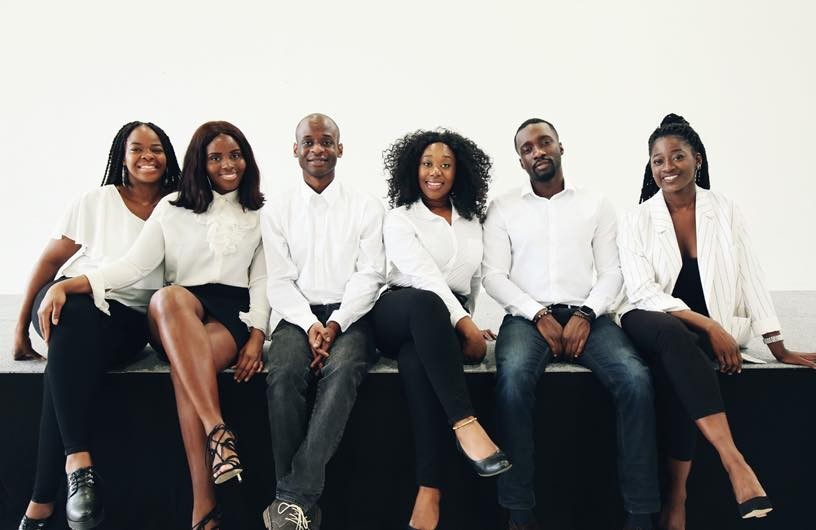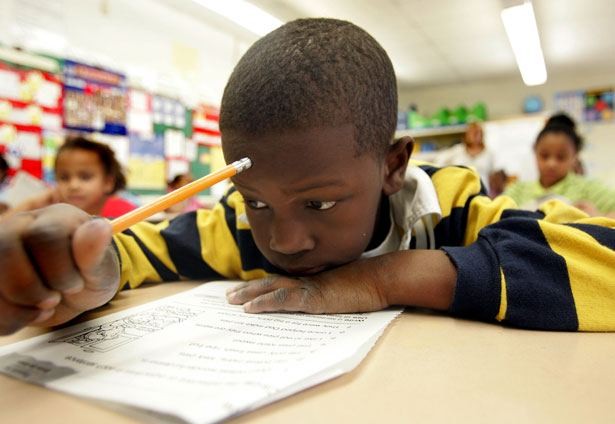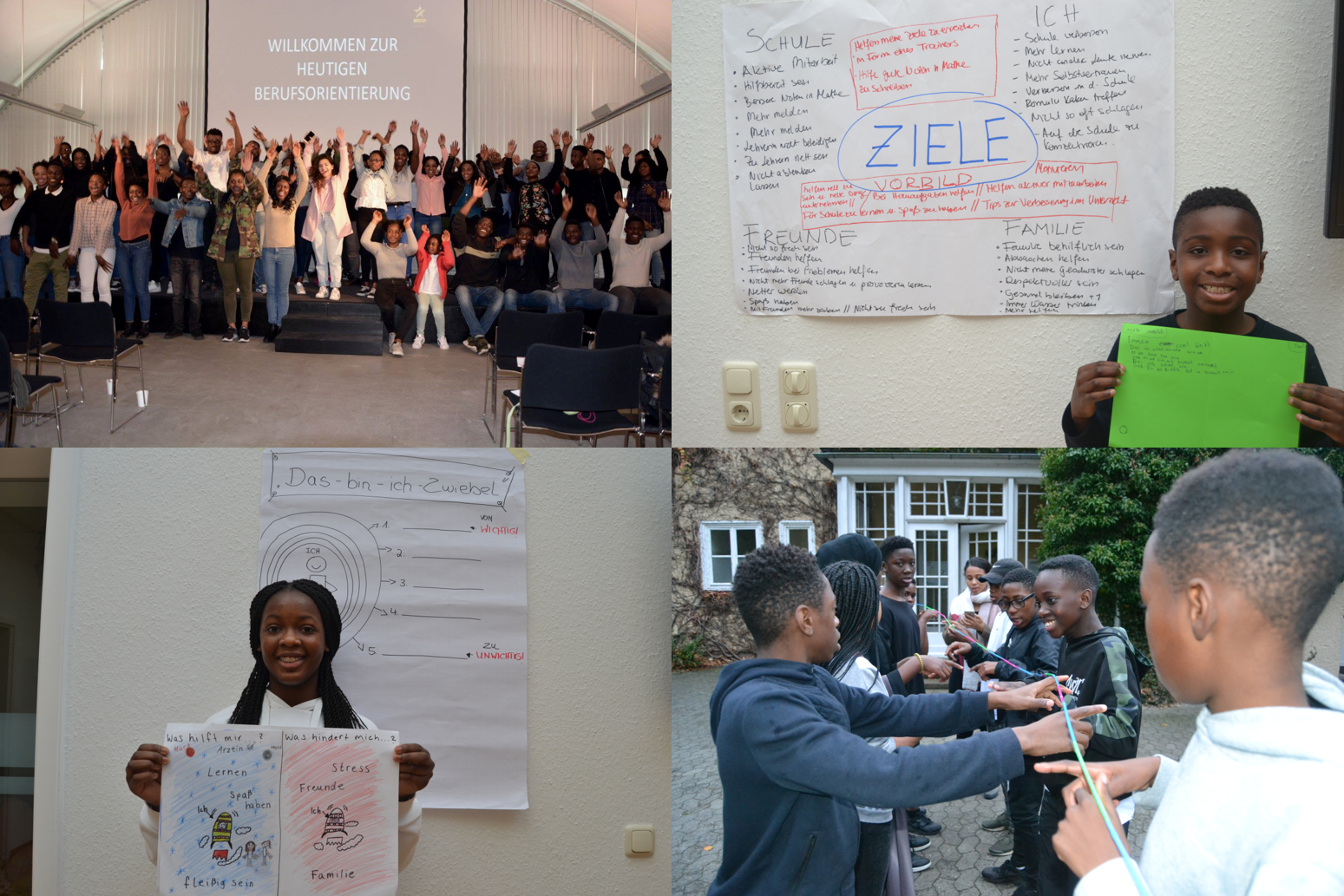You Don’t Need Your Own Children To Become A Role Model.
Not too long ago, five likeminded people and I co-founded the non-profit organization Future of Ghana Germany e.V. – FoGG. We launched the initiative “Vorbilder” (role models) in which young professionals are given the opportunity to become mentors to children who live in Germany and have an African background. We wanted to actively take on responsibility for the generations to come and contribute to the empowerment of children and young adults that have a similar background to us. The goal of this initiative is to develop and maintain a long-lasting bond between mentor and mentee. We wanted to create an environment in which they can jointly work on solutions in the event of challenges in the lives of the mentees. This includes areas such as school, career and general life challenges.

The starting point of “Vorbilder” was the observation that children in Germany with an African background are often behind at school and cannot level up to the performance of their classmates. Not because they lack intelligence or talent but rather because they are born into more challenging socioeconomic environments. Research has shown that this often lead to children facing unconscious biases from their teachers, labeling them as “slow learners”. Carrying this discouraging label resonates in passivity and retreat of the children. They develop a fear of contact with studying and entrepreneurship that limit realizing their full potential during early adulthood. Another related challenge is the lack of parental support, as many African parents are unable to adequately support their children like they wish to do. Language barriers, working situations or simply a lack of knowledge about the German educational and vocational system can be root-causes.

As a child born to Ghanaian immigrants, I had my fair share of those experiences myself and know all too well how this could have effected my development, if had not pulled myself together. Working for a top level professional service firm like Ernst & Young as a African-German in Germany, I am still considered quite a unicorn in and outside of my community. I aspire to make this the norm rather than the exception. I did not have a person in my age I could openly talk to, navigating me through what it means to fill multiple roles as a first-generation immigrant in Germany. I was determined and had a strong focus, still I am sure I probably would have gone through all this much faster and easier if I had a supporter in my corner who already traveled the same or similar journey.
The misconception of mentoring
Now whenever I talk about this, people seem to be baffled about the idea that a twenty-something-year-old, who has no children of his own decided to initiate an organization of more twenty-something year adults to mentor children.
You do not need your own children to become a role model. Matter of fact you do not need to have a specific age, income or social status. All you need are two things, first valuable information that helped you accomplish something that was hard to reach and second the desire to transfer this knowledge to enable others to benefit from it. That’s it! Being a mentor is a very individual “act of service” that you can tailor in a way most beneficial for you and your mentee – no limits and no boundaries. You can mentor a child in education or mentor 20 children in healthy eating. Whatever is your area of expertise, whatever resonates with your purpose – use it to empower others.
At FoGG we do group mentoring. At our group mentoring, mentees and mentors get to know each other and playfully work together on challenging and relevant topics. We focus on topics such as empowerment, participation, equal opportunities, inclusion, democracy, diversity, and identity. The aim is to enable the children to exploit their full potential. It is important for us to break down the topics in a target-oriented way to the real-life situations of the children. The topics are carefully prepared according to topicality and relevance for the mentees and are treated, for example, by the specific conception of role-plays, theatrical performances and talent shows. The children are actively involved and motivated to reflect on these topics. Additionally, they are learning how to organize their daily routines, take responsibility for themselves and develop social skills. This will greatly strengthen their independence and general performance. For the sessions, young professionals with an African background are invited to talk about their individual professions, educational background, and personal life experiences, thus motivating the mentees.

“Vorbilder” is rooted in two main challenges lack of support and lack of motivation of children with an African background and sometimes difficult socioeconomic circumstances. We match the children with their mentors and connect them to a platform that helps them to discover what makes them remarkable and unique, unlock their hidden potentials and reveal strengths that are yet invisible to them.
I am certain that you have children and young adults in your immediate sphere of influence that could benefit from what you know – they might look up to you. They might make different decisions in life or be motivated to walk the extra mile simply because you took some time to listen and to transparently share some of your highs and lows. A 15min conversation can transform the life of a child or a young adult.
Author: Jeff Kwarteng Jacobsen (Founding member of FoGG)

